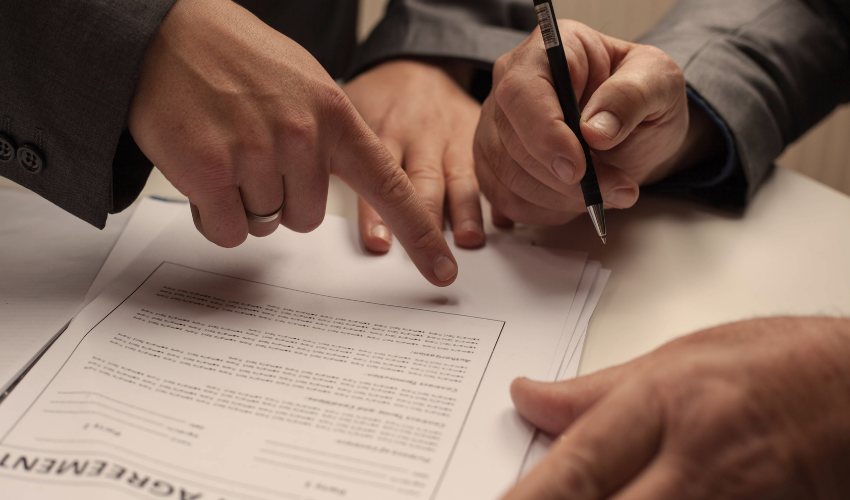
It’s not uncommon for people to record their will signings on video in order to provide evidence that their wills possess the requisite testamentary capacity. However, while this strategy may be helpful in preventing a will contest in some cases, there’s also a risk that the recording may be used by those who wish to challenge the will—and in most cases, this risk will outweigh any potential benefits.
Your recording may invite more scrutiny
Even the slightest hesitation or moment of apparent confusion on the part of the person signing the will may be used by a challenger as evidence that the person lacked testamentary capacity.
The discomfort of the recording process can sometimes make a person seem confused or under duress, even if neither is the case—and it’s all too easy to make a slight slip-up or misstate a fact in the moment.
And while it is possible to re-record portions of the video that may invite such accusations, this approach comes with its own set of drawbacks. If a challenge to the will is made, the challenger’s attorney may use additional video editing and the number of takes that were used as further evidence that the person signing lacked testamentary capacity.
Consider using different strategies
In most cases, recording your will signing will be less effective than other strategies in helping you avoid a will contest. Instead, consider using one (or several) of the following strategies:
- Arrange for a medical practitioner to examine you so they can attest to your capacity before the will is signed
- Include a “no contest clause” in your will
- Make sure to choose reliable witnesses
- Use a funded revocable trust (this will allow your assets to avoid probate, making it harder and costlier to challenge your will)
If you need help protecting your will from possible challengers, contact us today for more information.